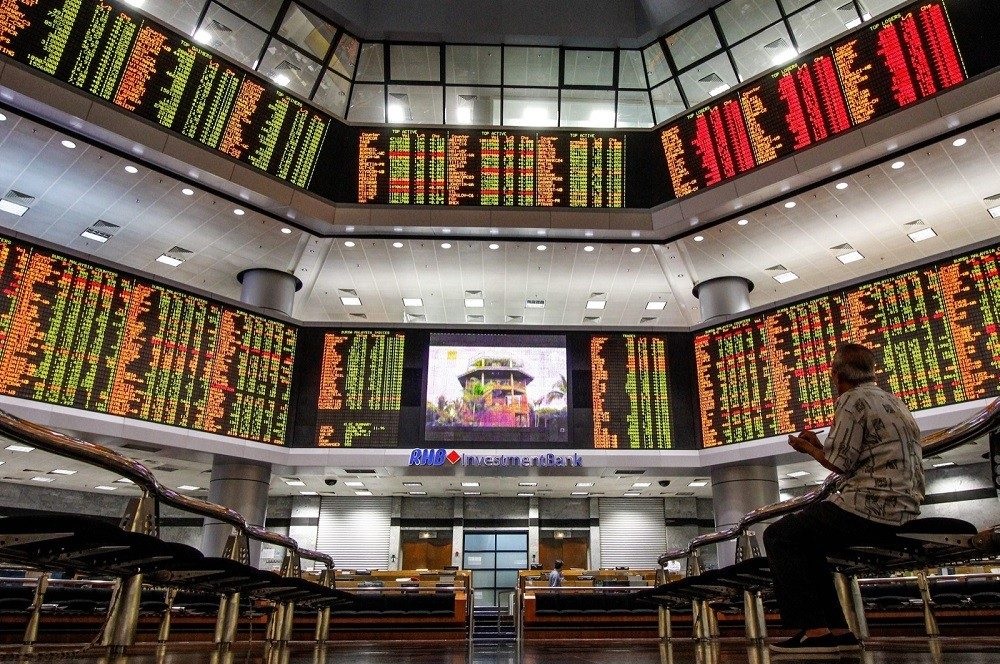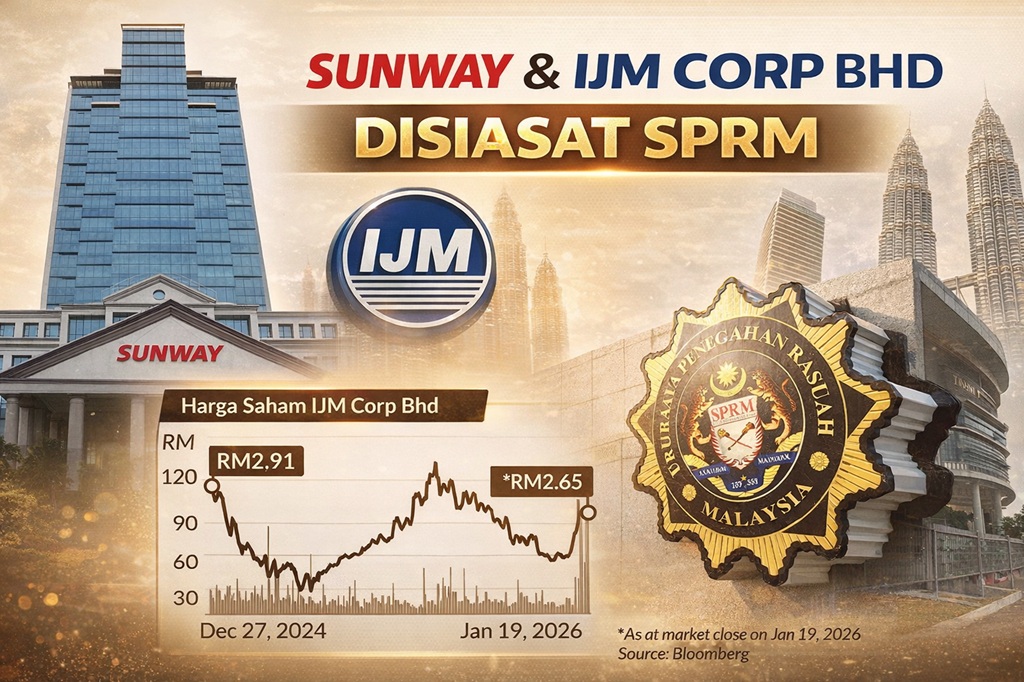
KUALA LUMPUR (March 6): After two consecutive weeks of net buying, foreign funds disposed of RM338.7 million of Malaysian equity last week, compared to a net inflow of RM246.2 million the prior week.
In its fund flow report on Monday (March 6), the MIDF strategy team said every trading day last week was a net selling day by the foreigners except on Tuesday, as it saw an inflow of RM9.0 million.
It said that year-to-date, foreign investors have net sold RM685.7 million.
“The highest amount of net outflow occurred on Monday to the tune of RM178.6 million, while Wednesday and Thursday were the second and third highest net selling in the week of review, as it amounted to RM84.2 million and RM73.8 million respectively.
“Sector wise, Energy (RM33.5 million), Construction (RM24.8 million) and REITs (RM2.5 million) were the top three for net foreign inflows last week, while Financials (RM121.0 million), Industrials (RM80.0 milllion) and Healthcare (RM74.3 million) were sectors that saw net foreign outflows,” it said.
MIDF said that on the other hand, local institutions appeared as net buyers last week, with total net inflows worth RM296.0 million.
It said only Tuesday recorded a net outflow of RM78.3 million, while the rest of the week recorded inflows.
The heaviest net inflows were seen on Friday at RM168.9 million, followed by Monday at RM132.1 million.
“Year-to-date, local institutions have net bought RM736.8 million.
“Similarly, local retailers were net buyers last week, to the tune of RM42.7 million. Only Wednesday saw net outflows of RM55.1 million,” it said.
The research house said that year-to-date, local retailers are net sellers at RM51.1 million.
“In terms of participation, there was an increase in average daily trading volume (ADTV) among local institutions (0.3%) and foreign investors (42.0%), in contrast to local retailers (6.3%),” it said.
Commenting on the international scenario, MIDF said major markets ended positively last week on the back of optimism over the Chinese economic recovery, which counterweights the growing fears of a more hawkish Federal Reserve (Fed), as well as the easing of Treasury yields from more than a decade high.
It said out of the 20 major indices that we track, only seven declined. Hong Kong’s Hang Seng index (2.79%) led the advancers, followed by the Nasdaq Composite Index at 2.58%.
It said that in contrast, Thailand’s SET was the biggest loser, recording a -1.66% weekly decline.
“In the United States, the three main stock indexes rose by over 1% as economic data helped investors overlook worries that the Fed will continue its restrictive policy until later in the year.
“US Treasury yields decreased, and the tech-heavy Nasdaq climbed by nearly 2%, with support from interest rate-sensitive mega caps.
“Despite cautioning that interest rates may need to rise depending on economic data, the Fed’s comments eased fears over inflation and interest rates. The S&P 500 and the Dow recorded gains for the week, ending their losing streaks of four weeks,” it said.






